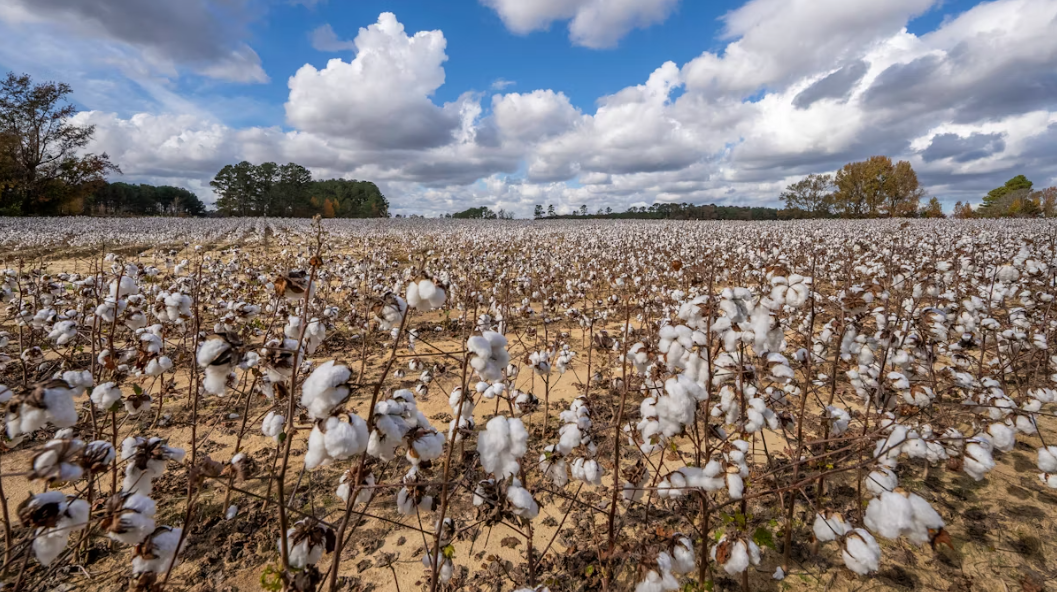Sustainable Sock Production
The Eco-Friendly Journey of 100 Cotton Boot Socks Production
When it comes to sustainable sock production, the journey of creating 100 cotton boot socks is a remarkable example. From the cultivation of organic cotton to innovative manufacturing techniques, the entire process embodies eco-friendly practices. These sustainable efforts not only contribute to reducing environmental impact but also pave the way for a greener future. By understanding the benefits of 100% cotton socks, we can appreciate their role in promoting sustainability in the footwear industry.

Sustainable Cotton Farming
Organic Cotton Farming Practices
In the realm of sustainable cotton farming, organic practices play a pivotal role in promoting environmental responsibility. The benefits of organic cotton farming for sustainable sock production are multifaceted. Firstly, organic farming methods eschew the use of synthetic pesticides and fertilizers, thus reducing chemical runoff and preserving soil health. This approach aligns with sustainable practices, ensuring that the cultivation process minimizes its environmental impact.
Moreover, the impact of eco-friendly farming on 100 cotton boot socks is significant. By embracing organic cotton farming, the resulting fibers are free from harmful chemicals, making them safe for both consumers and the environment. Additionally, organic cultivation methods prioritize biodiversity and promote natural ecosystems, further contributing to sustainability in sock production.
Sustainability in Cotton Cultivation
Sustainability is deeply ingrained in modern cotton cultivation practices. The use of sustainable techniques such as crop rotation and integrated pest management fosters a balanced ecosystem within cotton farms. These methods not only reduce reliance on chemical inputs but also enhance soil fertility and resilience.
Furthermore, ethical sourcing is paramount in sustainable sock production. By prioritizing ethical practices throughout cotton cultivation, producers can ensure that their raw materials are obtained responsibly and sustainably. This approach underscores the commitment to environmental stewardship while meeting the growing demand for eco-conscious products.
Eco-Friendly Manufacturing
Innovative Manufacturing Techniques
In the realm of eco-friendly sock manufacturing, innovative manufacturing techniques play a pivotal role in advancing sustainability. These techniques encompass a range of cutting-edge approaches that prioritize resource efficiency and environmental consciousness. From utilizing state-of-the-art machinery to implementing advanced production methods, innovation drives the evolution of sustainable sock production.
The impact of technology on sustainable sock production is profound. Automation and digitalization streamline processes, reducing waste and energy consumption. Additionally, advancements in material science enable the development of eco-friendly fibers and dyes, further enhancing the environmental profile of 100 cotton boot socks.
Reducing Environmental Footprint
Reducing the environmental footprint in sock manufacturing involves a holistic approach that encompasses various aspects. The use of sustainable materials such as organic cotton and recycled fibers is fundamental in minimizing environmental impact. Furthermore, optimizing production processes to reduce water usage, energy consumption, and waste generation contributes to a more sustainable manufacturing ecosystem. By embracing these practices, manufacturers can significantly reduce their ecological footprint while meeting the demand for environmentally responsible products.
The Intersection of Fashion and Sustainability
Sustainable Fashion Trends
The fashion industry is witnessing a significant shift towards sustainable fashion trends, with consumers increasingly prioritizing environmentally-friendly choices. This shift has permeated the footwear sector, leading to a growing demand for ethically produced and eco-conscious products. The influence of ethical fashion extends to sock production, where manufacturers are embracing sustainable practices to meet the evolving preferences of environmentally-conscious consumers.
As environmentally-friendly trends continue to gain momentum, the footwear industry is experiencing a transformation characterized by a heightened emphasis on ethical sourcing, transparent supply chains, and reduced environmental impact. This shift not only reflects changing consumer values but also underscores the potential for sustainable fashion to drive positive change within the industry.
Footwear Industry’s Environmental Impact
The footwear industry faces notable environmental challenges stemming from resource-intensive manufacturing processes, chemical usage, and waste generation. However, sustainable practices have emerged as a crucial mitigating factor in addressing these challenges. By integrating sustainable methodologies into production, such as utilizing eco-friendly materials and implementing efficient manufacturing processes, the industry can significantly reduce its environmental footprint while meeting the demand for ethically-produced footwear.
Embracing Eco-Friendly Footwear
The Significance of 100 Cotton Boot Socks in Sustainable Fashion
In the realm of sustainable fashion, the significance of 100 cotton boot socks lies in their eco-friendly attributes. These socks epitomize sustainable sock production, offering a renewable and biodegradable alternative to conventional synthetic options. By embracing cotton footwear, individuals contribute to a greener future while enjoying the comfort and breathability of natural fibers. The use of sustainable sock production techniques ensures that each pair embodies ethical and environmentally-responsible practices, aligning with the principles of eco-conscious consumers.
The Potential for Eco-Friendly Footwear to Shape the Industry
The potential for eco-friendly footwear, exemplified by 100 cotton boot socks, extends beyond individual choices. As consumers increasingly prioritize sustainability, the demand for eco-friendly options continues to grow. This trend has the potential to shape the footwear industry by driving manufacturers to adopt more sustainable practices. Embracing sustainable sock production methods not only meets consumer preferences but also sets a precedent for ethical and environmentally-responsible manufacturing within the industry.
The Collective Impact of Sustainable Choices in Sock Production
The collective impact of sustainable choices in sock production is substantial. Each decision in favor of eco-friendly materials and manufacturing processes contributes to reducing environmental harm. By prioritizing sustainability, manufacturers and consumers alike play a crucial role in fostering a more environmentally-conscious approach to footwear. Through collective efforts, such as opting for 100 cotton boot socks, the industry can progress towards a more sustainable and responsible future.

